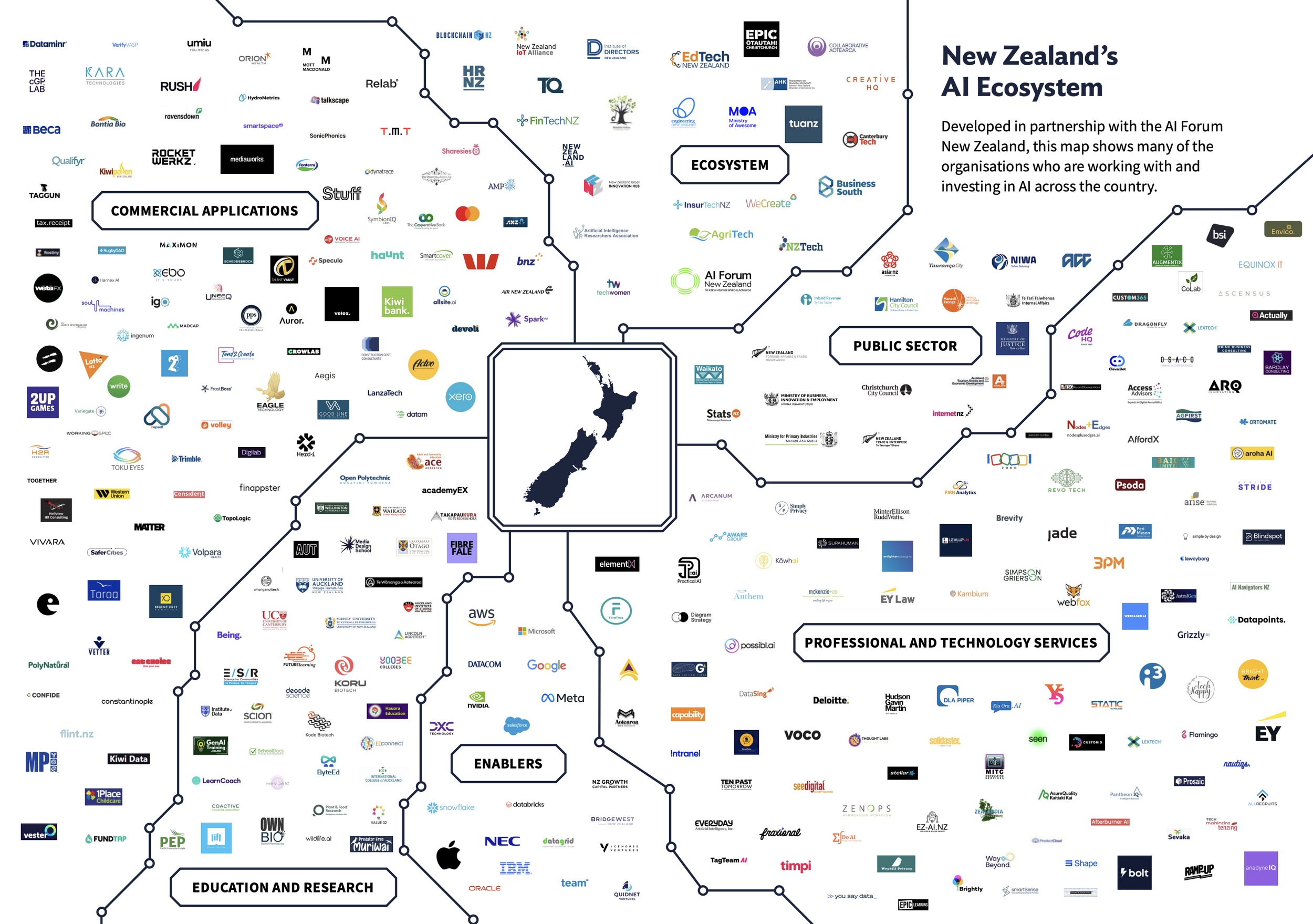We have a national AI strategy - will it make a difference?
The government has unveiled its long-awaited national artificial intelligence (AI) strategy, setting a direction for AI adoption across sectors, and emphasising responsible innovation, regulatory clarity, and international collaboration.
Launched yesterday by Science, Innovation and Technology Minister Dr Shane Reti, the strategy arrives a full four years after Australia published its own national AI strategy.
Reti said the strategy is deliberately centred on accelerating AI adoption and innovation within the private sector, rather than investing heavily in foundational AI model development.
Recognising the immense capital and data requirements for developing core AI technologies, the government has positioned New Zealand as a “smart adopter”, leveraging global advances while tailoring AI solutions to local challenges in agriculture, healthcare, education, and business.
“New Zealand’s strength lies in being smart adopters. From AI-powered precision farming techniques to diagnostic technology in healthcare, Kiwi businesses can tailor AI to solve our unique challenges and deliver world-leading solutions,” Reti said yesterday.
New Zealand’s AI ecosystem - source NZTech
AI as an economic growth and productivity booster
Industry research cited in the strategy suggests that generative AI alone could add up to $76 billion to New Zealand’s GDP by 2038, representing over 15% of the economy. The government’s flagship “Going for Growth” approach identifies AI as a transformative opportunity to drive productivity, create new products and services, and enhance decision-making.
With no AI-centric regulation in effect in New Zealand, the government plans to continue with its “light-touch” principles-based regulatory approach, according to the strategy. Rather than imposing new, AI-specific laws, the government will rely on existing frameworks (privacy, consumer protection, human rights), updating them as necessary.
The strategy aligns with the OECD AI Principles, emphasising transparency, human rights, and the ethical use of AI. To support responsible adoption, the government has published additional guidance for businesses, covering topics such as cybersecurity, privacy, and intellectual property.
Addressing barriers to AI uptake
That light-touch regulatory standpoint should serve to reduce business hesitation about investing in AI.
The newly issued Responsible Artificial Intelligence guidance for businesses aims to demystify AI and help businesses manage ethical, security, and privacy concerns.
The strategy recognises that skills shortages remain an issue and points to Investments in tertiary education, workforce training, and upskilling initiatives - though there’s little in the way of AI-specific training schemes.
There’s mention of outreach to raise understanding of AI’s potential, especially among SMEs, where adoption rates lag behind larger firms and international peers.
New Zealand commits to active participation in global AI governance forums, partnerships (such as the Singapore-New Zealand AI for Healthy Ageing Initiative), and reforms to attract foreign direct investment in AI. The government sees Invest New Zealand as a one-stop-shop for investors and has reformed visa and investment policies to make the country more attractive for AI-related ventures.
On the research front, the strategy points to the establishment of an advanced technology public research organisation which will have a dedicated focus on AI. The government is currently reshaping the science system, and its recently introduced tax incentive for capital expenditure and new policy on intellectual property management are designed to support a new commercialisation push.
While the strategy is pragmatic and reflects the economic conditions the country is facing, there’s limited ambition outlined for AI development - a major opportunity for our businesses and economy.
Pragmatic, but weak on investment
The strategy’s focus on adoption means New Zealand may miss opportunities to develop homegrown foundational AI technologies or capture higher-value segments of the AI value chain.
There’s also an engagement gap with our small and medium-sized companies that needs to be addressed. Despite efforts, a significant proportion of SMEs remain unconvinced or unaware of AI’s benefits, risking a digital divide within the economy.
The acknowledged lack of AI expertise, from technical specialists to executives, remains a bottleneck. While education and training investments are underway, closing the gap will take time.
The strategy recognises but does little to resolve complex issues around Indigenous data sovereignty, intellectual property, and the risk of cultural misappropriation.
“It has taken a while and has no doubt been quite challenging to pull together given the current economic climate. This backdrop has resulted in a strategy that is more adoption-focused than investment-focused,” NZTech CEO Graeme Muller commented on LinkedIn.
“However, it will be the use of AI, in a safe way, that has the potential to improve productivity across most parts of the economy. So I am looking forward to seeing how the Government itself puts this plan into action,” he added.
A work in progress, then, but a strategy that gives a lot of leeway to the private sector to make the most of AI and continues the government’s steady-as-she-goes approach to this transformative technology.
Photo credit: Startaê Team/Unsplash

